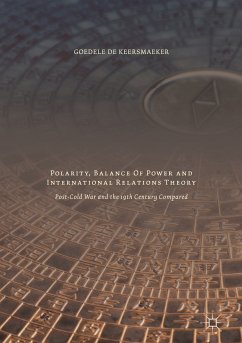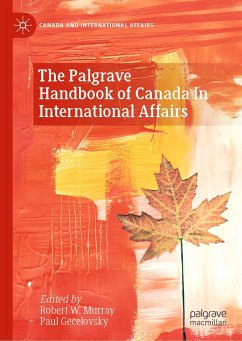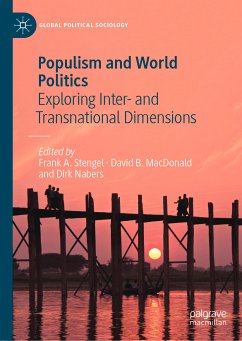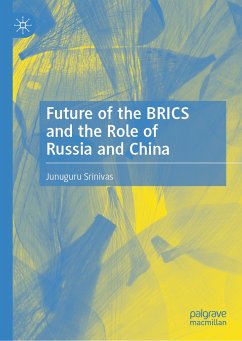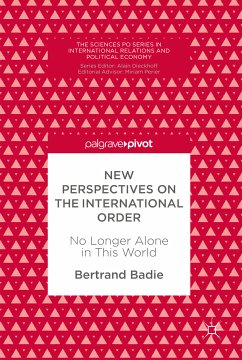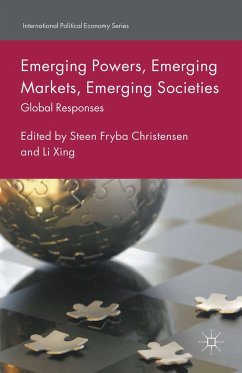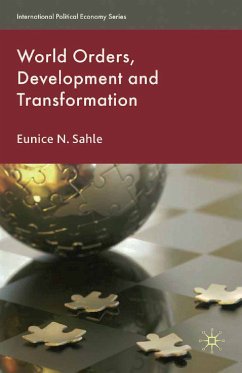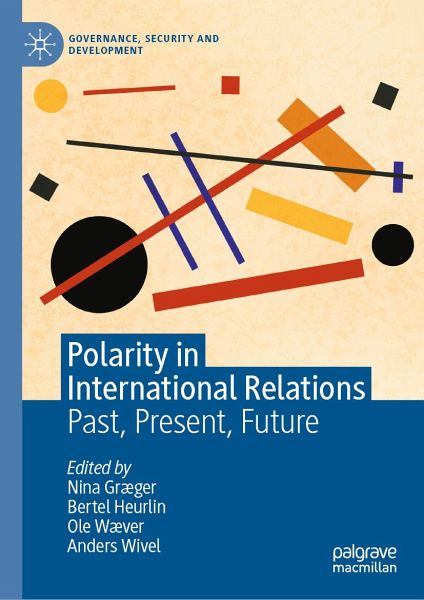
Polarity in International Relations (eBook, PDF)
Past, Present, Future
Redaktion: Græger, Nina; Wivel, Anders; Wæver, Ole; Heurlin, Bertel
Versandkostenfrei!
Sofort per Download lieferbar
88,95 €
inkl. MwSt.
Weitere Ausgaben:

PAYBACK Punkte
44 °P sammeln!
This book brings together a group of leading scholars on international relations to develop and apply the concept of polarity on past and present international relations and discuss its applicability and usefulness in the future. Despite a comprehensive debate on a global power shift, often discussed in terms of the decline of the United States, the crisis in the liberal international order, and the rise of China, IR¿s main concept of power, 'polarity', remains undertheorized and understudied. The great powers and their importance for dynamics and processes in the international system are cen...
This book brings together a group of leading scholars on international relations to develop and apply the concept of polarity on past and present international relations and discuss its applicability and usefulness in the future. Despite a comprehensive debate on a global power shift, often discussed in terms of the decline of the United States, the crisis in the liberal international order, and the rise of China, IR¿s main concept of power, 'polarity', remains undertheorized and understudied. The great powers and their importance for dynamics and processes in the international system are central to current debates on international order, but these debates too often suffer from a combination of politicized empirical analysis and reliance on old theoretical debates and conceptualizations, typically originating in the Cold War security environment. In order to meet these challenges, this book updates, conceptualizes, applies and critically debates the concepts of unipolarity, bipolarity, multipolarity and non-polarity in order to understand the current world order.
Dieser Download kann aus rechtlichen Gründen nur mit Rechnungsadresse in A, B, BG, CY, CZ, D, DK, EW, E, FIN, F, GR, HR, H, IRL, I, LT, L, LR, M, NL, PL, P, R, S, SLO, SK ausgeliefert werden.



